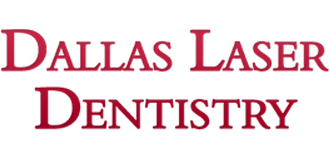The page you requested has been Deleted
Please try the following:
- Home
- About Us
- Cosmetic Dentistry
- Services
- Patient Resources
- Blog
- Smile Assessment
- Smile Gallery
- Special Offers
- Reviews
- Contact Us
- Schedule Online
- Request an Appointment
- Accessibility Statement
- Privacy Policy
- Cookie Policy
- Hipaa Policy


